Elden Ring classes: which is the best to pick?
Check out the best Elden Ring classes to suit your play-style
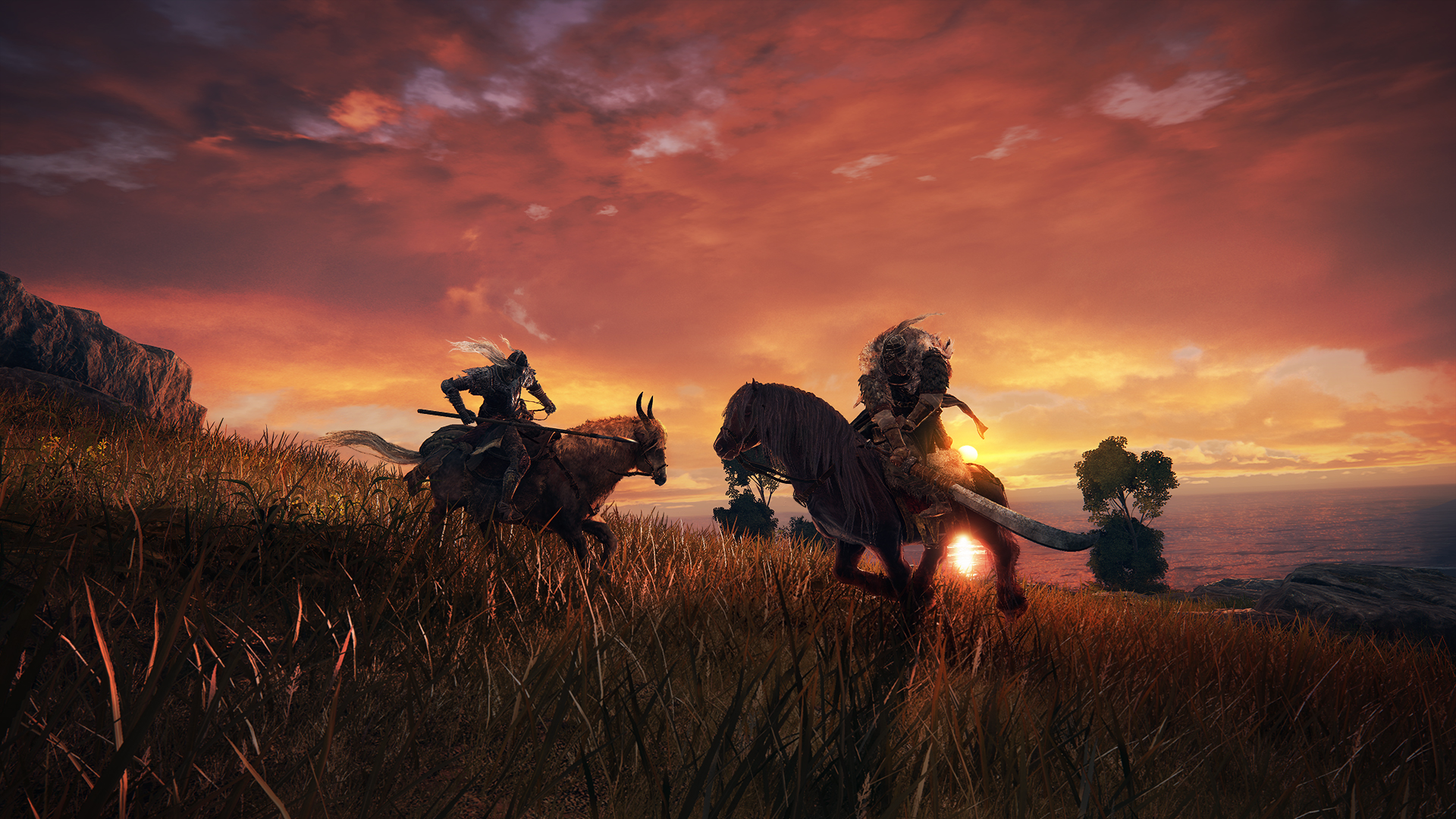
Where do you start when choosing one of the 10 Elden Ring classes? It's a daunting prospect, especially if you’ve never played a Souls game before. Picking from the wide range of character types is extremely difficult, but it's absolutely vital for starting off on the right foot. Landing on the right one can really make the first few hours a lot easier.
But it’s not all bad news. Unlike in other RPGs, choosing a class in Elden Ring doesn’t lock you into a particular style of gameplay. You can invest in different attributes as you level up, redefining your character’s strengths and weaknesses. Each Elden Ring class excels at a key skill, though, and whilst you can re-spec your character as you progress through the Lands Between, picking a class that fits the way you want to play from the outset does help massively.
Whether you’re looking to start work on planning out a particular build, or if you’d just like to know the best classes to start out with, you’ll find what you need in this guide. From ranged magic-wielders to brute-force swordsmen, here are the best classes in Elden Ring.
Elden Ring classes: class stats and attributes
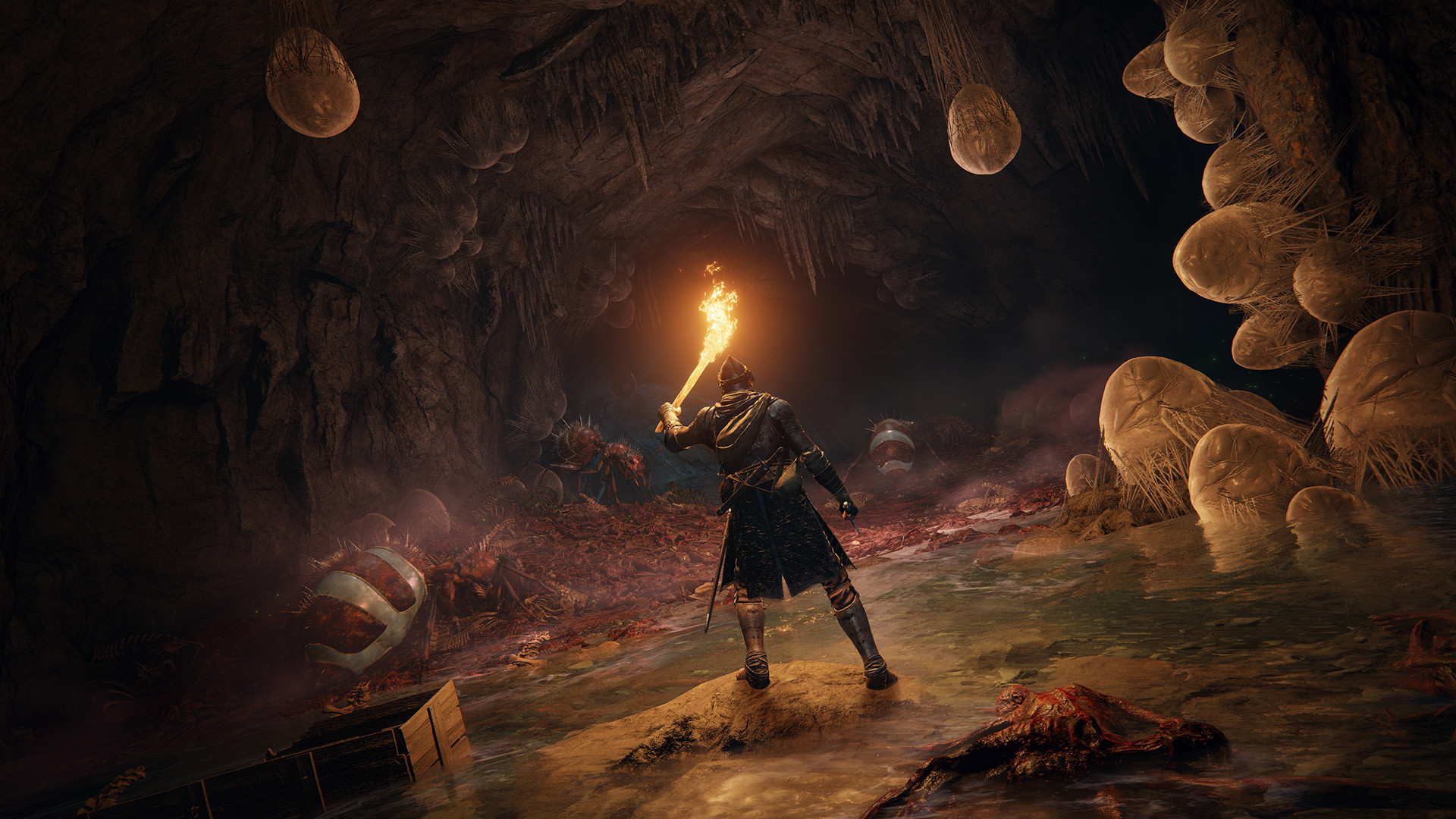
Before diving headfirst into the different classes, you must understand Elden Ring's stats and attributes. These character traits are where you spend the points you earn when leveling up. Knowing what they do is vital as you progress through the Lands Between.
If you end up putting points into attributes you don’t need, you can always reset your points and respec your character. So don’t worry about messing up your character build permanently. But reallocating all those points is time-consuming, so it’s best to figure out where you need to assign the points early.
There are eight main attributes you need to be aware of in Elden Ring. It’s also important to note that some weapons you find will require you to have certain levels of attributes. For example, some katanas may require a specific level of Dexterity and Faith to equip it.
Here’s a breakdown of all the attributes and what they do.
Sign up for breaking news, reviews, opinion, top tech deals, and more.
- Vigor: Determines maximum HP, Poison Immunity, and Fire Resistance
- Mind: Determines maximum FP level and any Focus-related resistances
- Endurance: Determines maximum Stamina level, your Physical Defense Power, your Equipment Load, and your character’s Robustness
- Strength: Determines overall attack power for Strength-scaling weapons as well as your ability to wear Heavy Armor
- Dexterity: Determines maximum attack power of Dexterity-scaling weapons, lowers fall damage, reduces Casting Time, and the chance you could be dismounted.
- Intelligence: Requirement for casting Glintstone Sorceries, determines attack power of Magic-scaling weapons, improves Magical Resistance
- Faith: Requirement for Holy and Fire-based spells/Incantations, boosts Faith-scaling Magical Damage
- Arcane: Determines overall Item Discovery, Death Resistance, and certain spell resistances
Elden Ring classes: each starting class explained
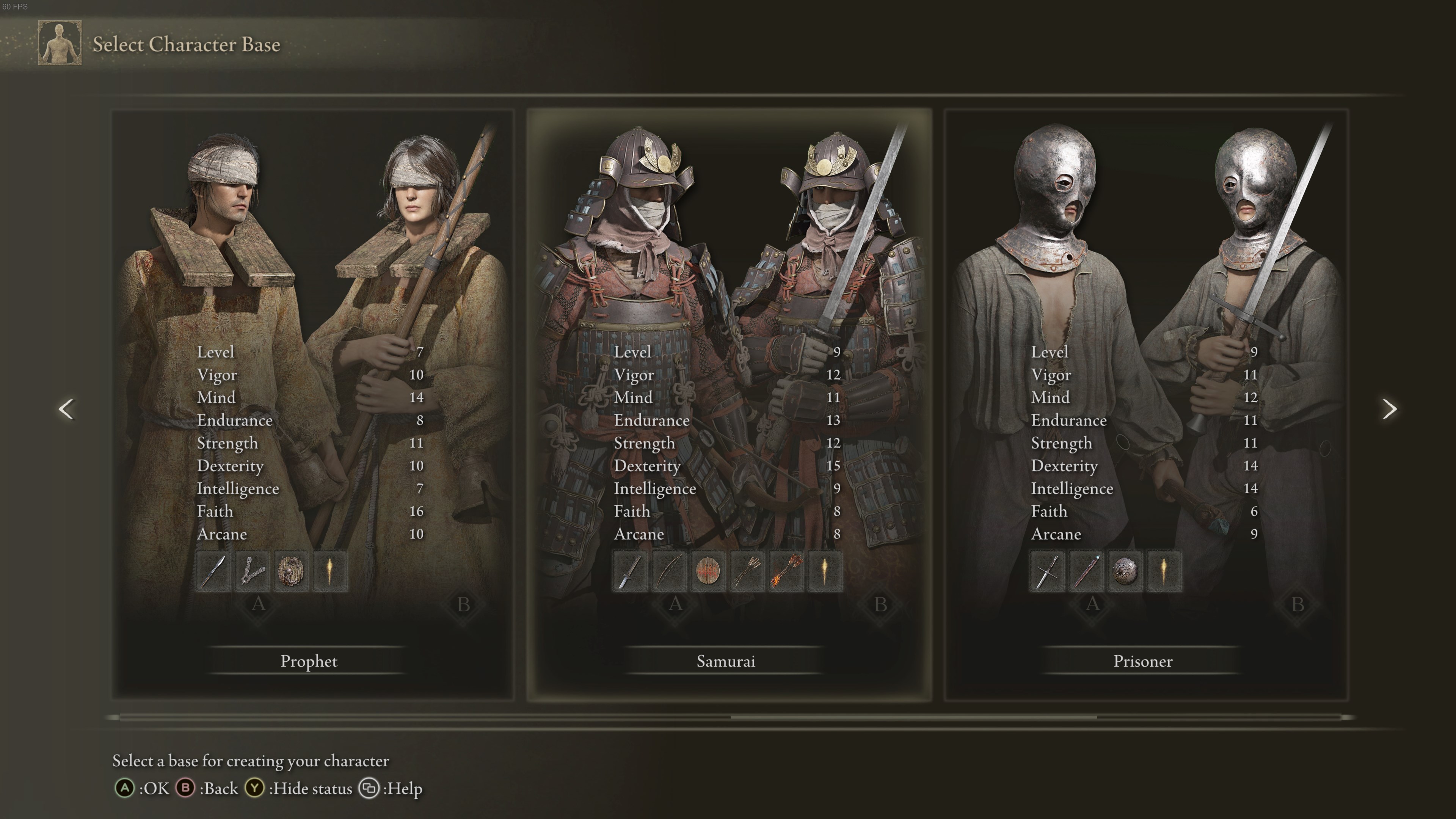
Now you know what each attribute does, let’s talk about the Elden Ring starting classes. Again, a class is simply a starting point. While each class leans into a playstyle, you can always spec your character towards a different playstyle as you level up. Below, you’ll find a list of the character’s starting level, attributes, and gear they have at the beginning of the game. You’ll also find a brief bit of information on the type of playstyle they support.
Elden Ring classes: Vagabond
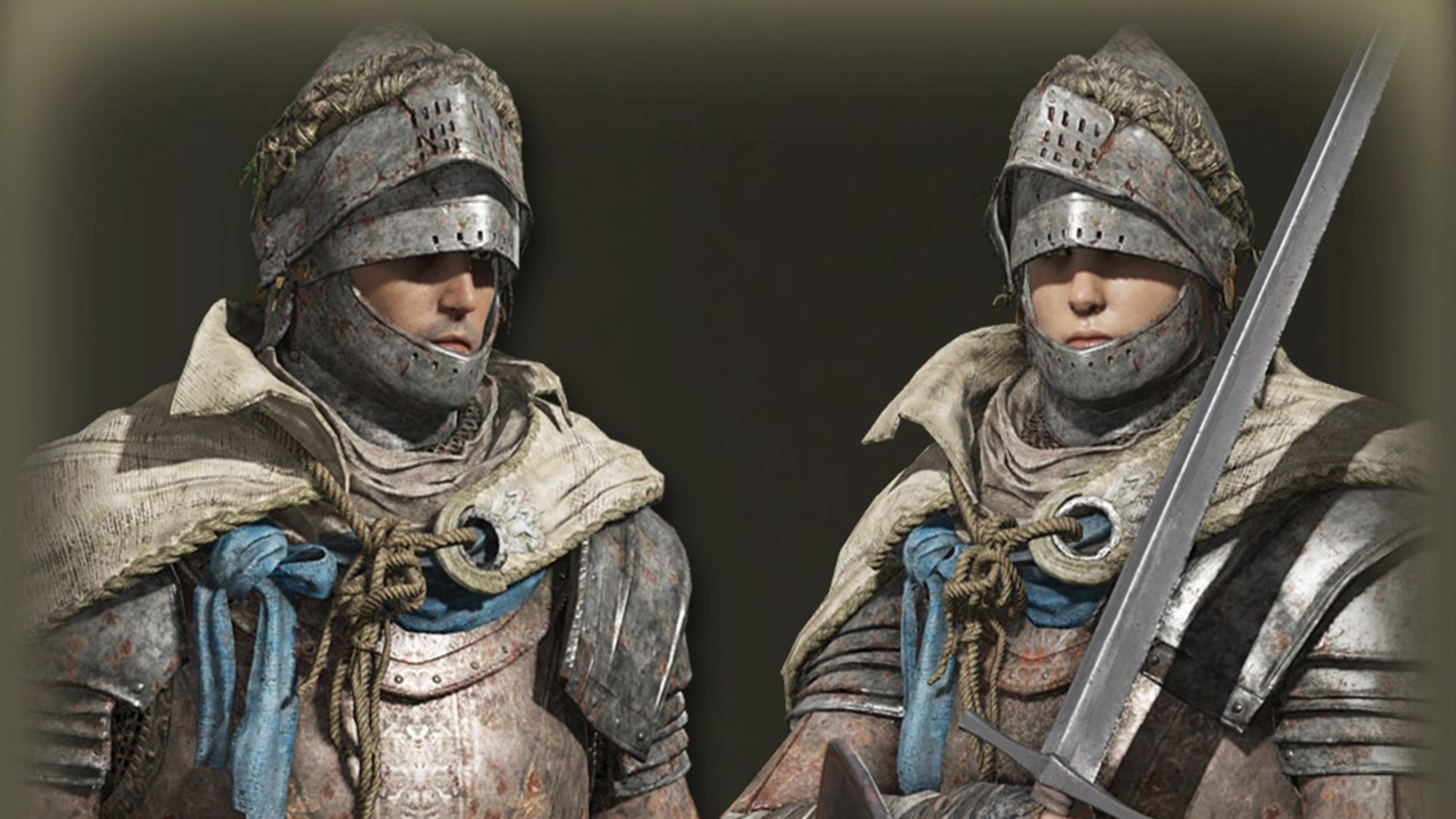
- Level: 9
- Vigor: 15
- Mind: 10
- Endurance: 11
- Strength: 14
- Dexterity: 13
- Intelligence: 9
- Faith: 9
- Arcane: 7
- Starting Weapons: Longsword, Halberd, Heater Shield
- Starting Armor: Vagabond Knight’s Armor Set
- Starting Magic: None
The Vagabond is a perfect fit if you love classic sword and shield combat. This class is excellent for building up a character who can take hits and keep going. That high starting Vigor makes for a bigger health bar, while the high Strength and Dexterity stats give you access to the heavier swords and shields. It’s a traditional approach to the RPG formula. If you want to use Magic, you will need to invest several levels into the magical attributes to become somewhat effective.
Elden Ring classes: Warrior
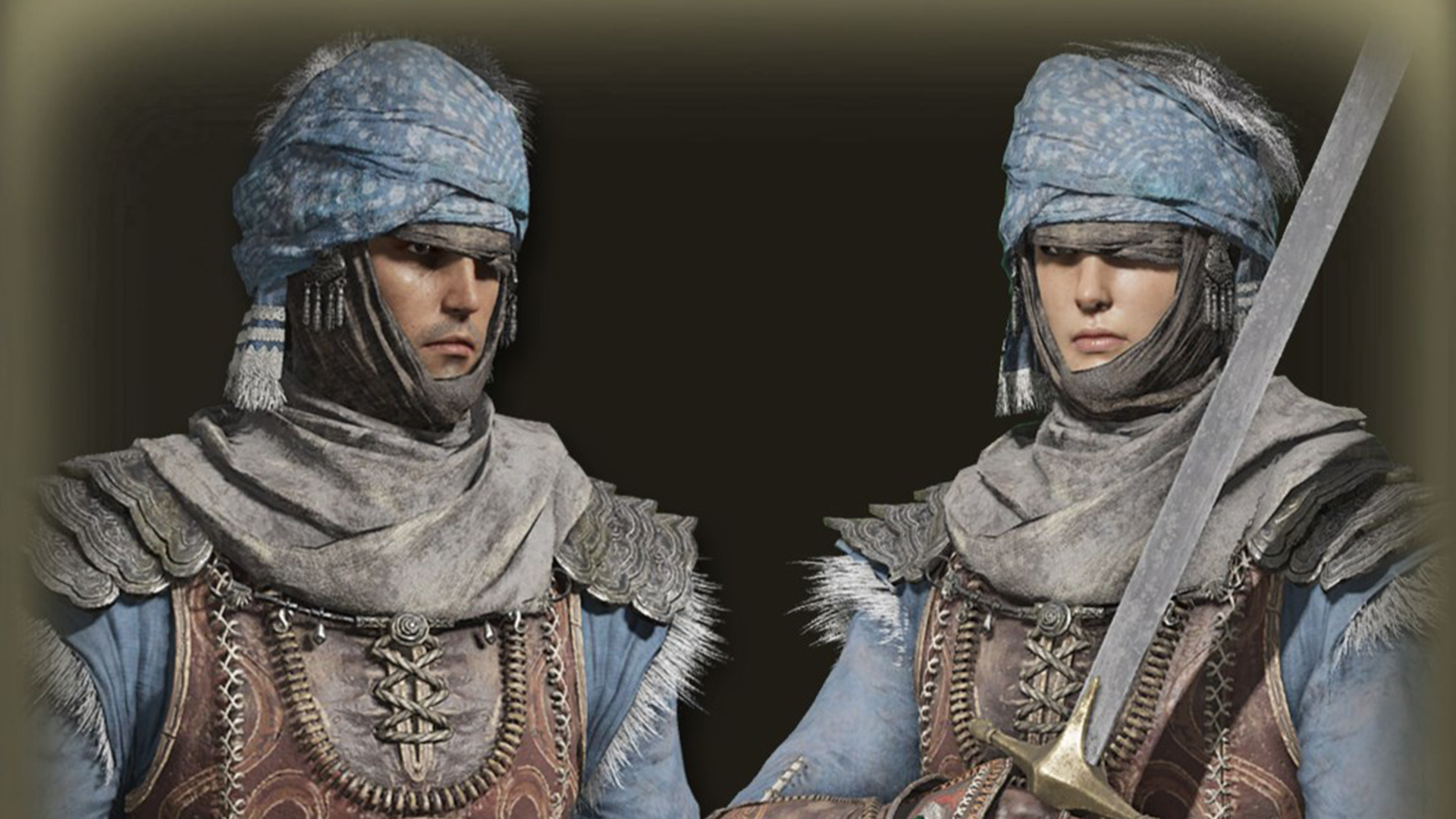
- Level: 5
- Vigor: 12
- Mind: 10
- Endurance: 15
- Strength: 11
- Dexterity: 15
- Intelligence: 9
- Faith: 7
- Arcane: 10
- Starting Weapons: 2x Scimitar, Riveted Wooden Shield
- Starting Armor: Swordsman Armor Set
- Starting Magic: None
Another standard, the Warrior class is a great starting point for players who want an agile melee-focused character. High Dexterity is great for dual-wielding swords, and the added small shield makes it possible for you to parry incoming attacks and open your enemies up for powerful blows. Parrying can be challenging to master, so if you aren’t used to the system, you may find it more helpful to go with a class like the Vagabond instead.
Elden Ring classes: Hero
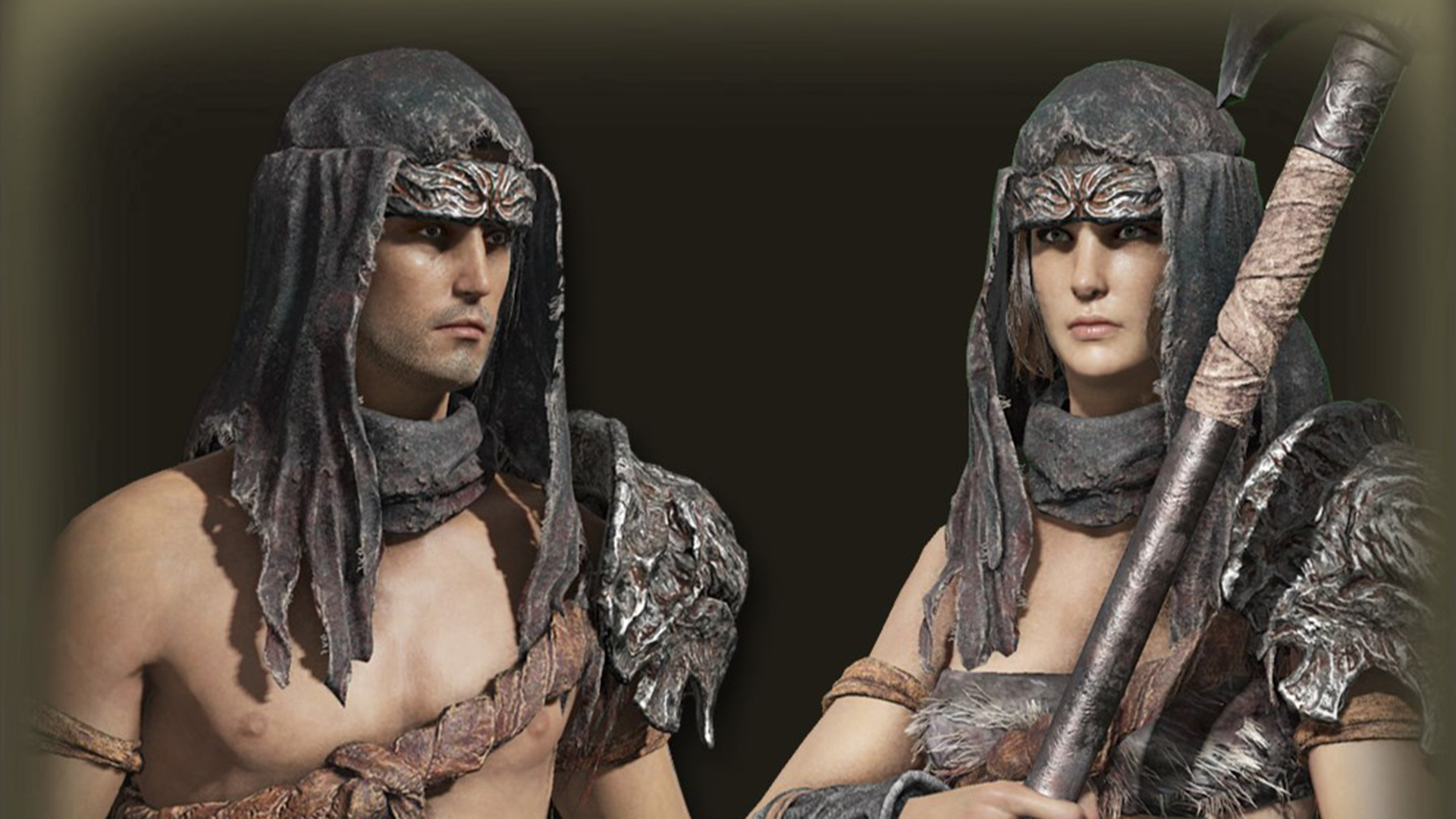
- Level: 7
- Vigor: 14
- Mind: 9
- Endurance: 12
- Strength: 16
- Dexterity: 9
- Intelligence: 7
- Faith: 8
- Arcane: 11
- Starting Weapons: Battle Axe, Large Leather Shield
- Starting Armor: Hero Armor Set
- Starting Magic: None
If you don't mind playing a glass cannon, the Hero is a tremendous melee-focused starting point for you. You have a smaller health pool, so you’ll need to dodge around enemy attacks while you wield massive axes and greatswords if you want to survive. It’s a class that relies on keeping your enemies out of reach while simultaneously setting yourself up to score some massive hits with even more massive weapons.
Elden Ring classes: Bandit
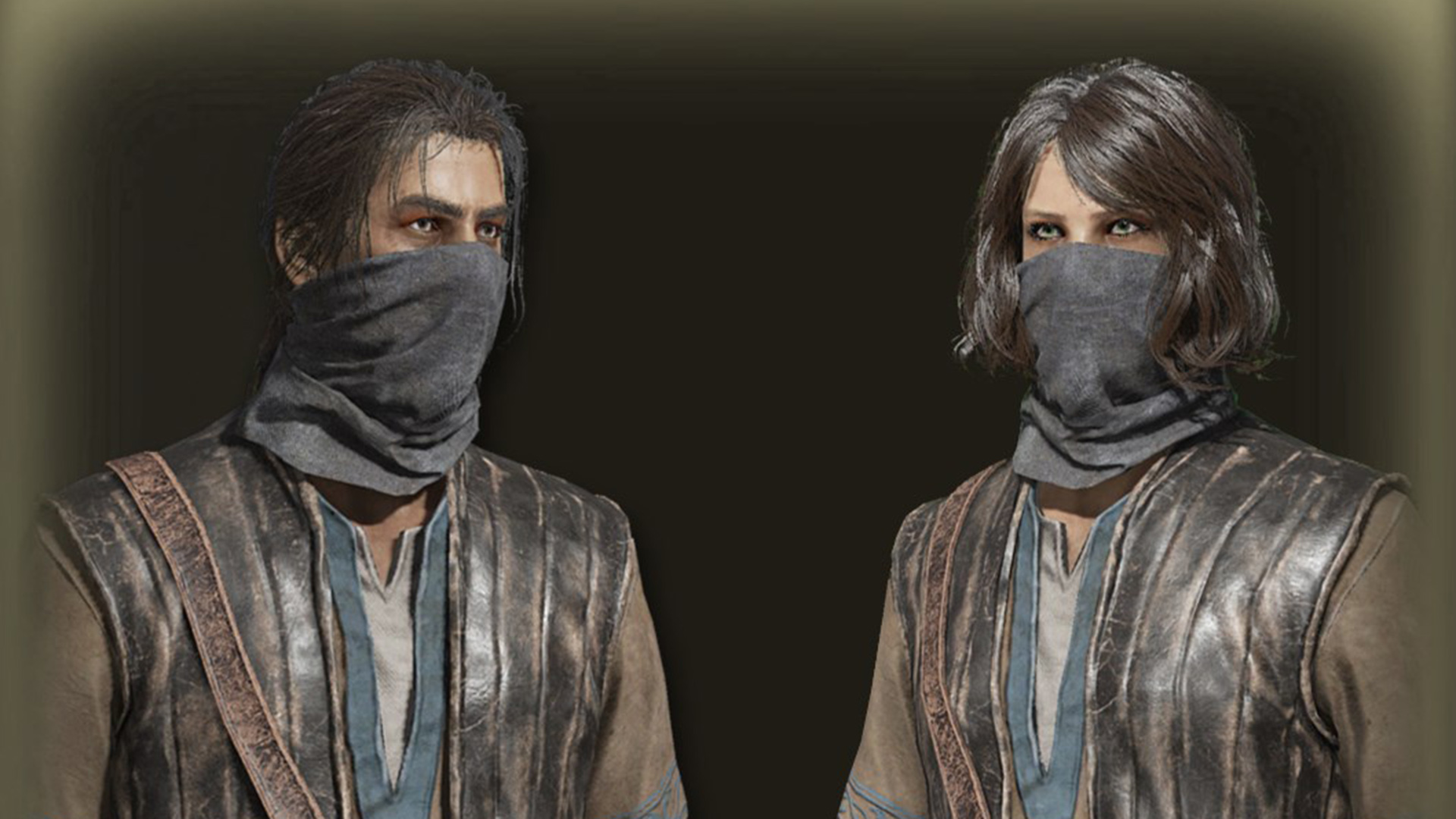
- Level: 5
- Vigor: 10
- Mind: 11
- Endurance: 10
- Strength: 9
- Dexterity: 13
- Intelligence: 9
- Faith: 8
- Arcane: 14
- Starting Weapons: Great Knife, Buckler, Shortbow
- Starting Armor: Bandit Set
- Starting Magic: None
If you like to play a rogue in other RPGs will find yourself at home with the Bandit class. Its high Dexterity makes the Bandit perfect for sneaking behind your enemies and scoring critical backstabs. The Bandit relies heavily on dodging enemy attacks or parrying them using the Buckler shield included with its starting gear. A high starting Arcane level also allows these rogue-like characters to dabble in magic early on, which can be very useful to maximize your critical hits.
Elden Ring classes: Samurai
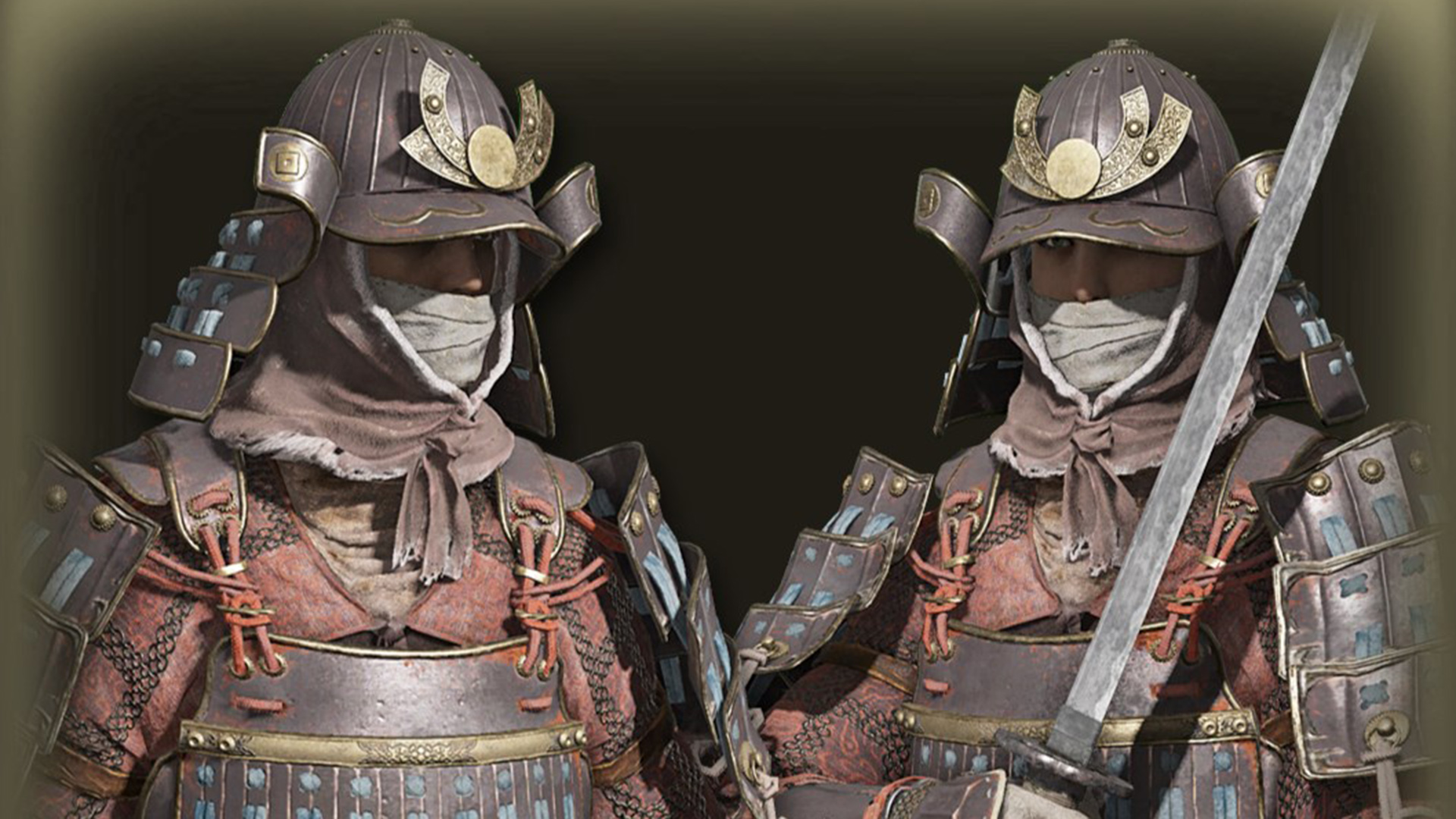
- Level: 9
- Vigor: 12
- Mind: 11
- Endurance: 13
- Strength: 12
- Dexterity: 15
- Intelligence: 9
- Faith: 8
- Arcane: 8
- Starting Weapons: Uchigatana, Longbow, Fire Arrows, Arrows
- Starting Armor: Land of Reeds Armor Set
- Starting Magic: None
The Samurai is a new class for the Souls genre, though it most likely comes from FromSoftware’s work on Sekiro: Shadows Die Twice. It’s a high-Dexterity class that swaps between close-range katana attacks and longer-range sweeping attacks. Your starter Ughigatana weapon does bleed damage, which allows you to whittle away at your enemy’s health as you fight.
The samurai excels as a mounted fighter, allowing you to dip in and out of close combat. Its lower magic-based attributes make it expensive to respec as a spellcaster.
Elden Ring classes: Astrologer
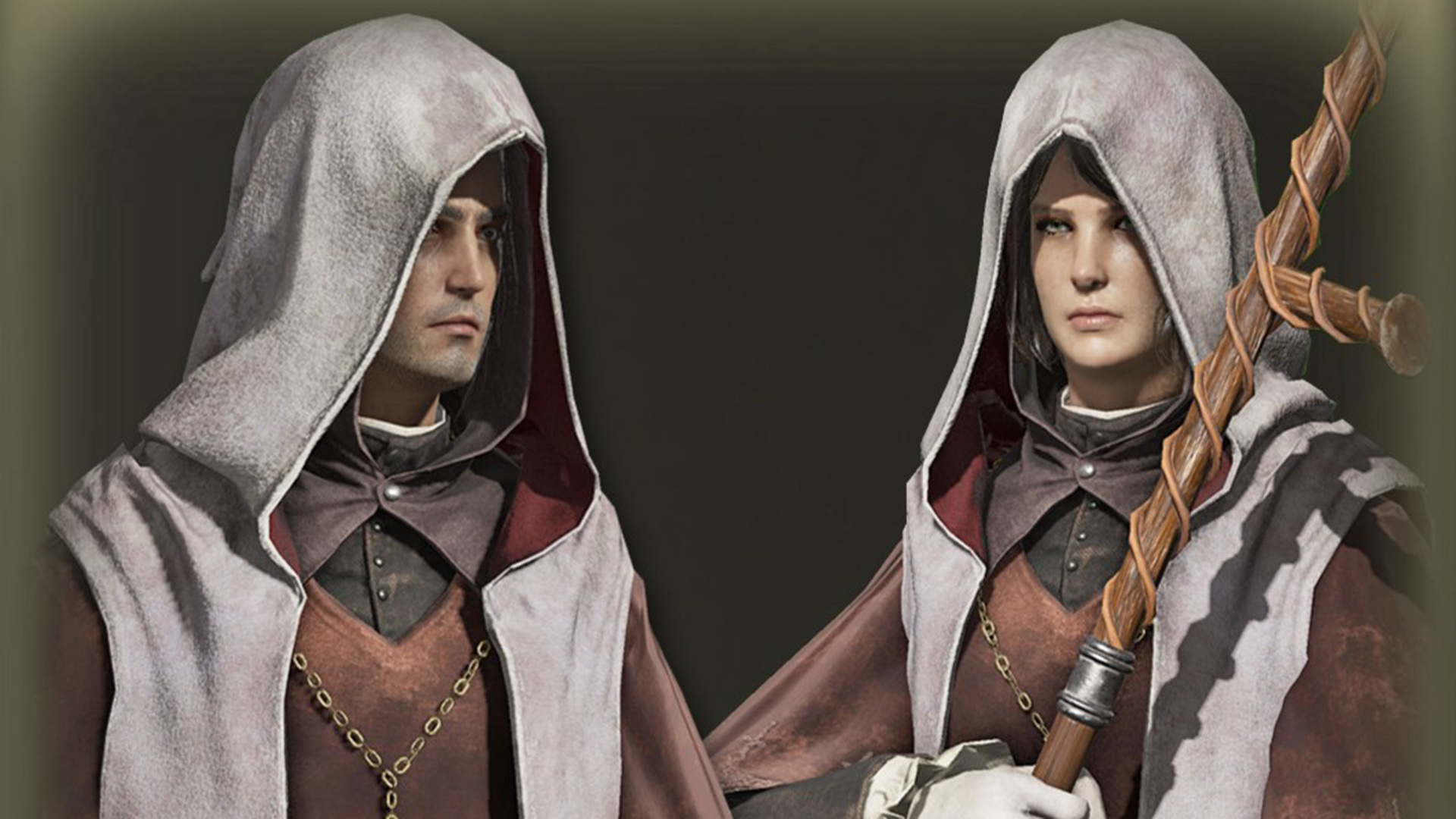
- Level: 6
- Vigor: 9
- Mind: 15
- Endurance: 9
- Strength: 8
- Dexterity: 12
- Intelligence: 16
- Faith: 7
- Arcane: 9
- Starting Weapons: Astrologer’s Staff, Short Sword, Scripture Wooden Shield
- Starting Armor: Astrologer’s Set
- Starting Magic: Glintstone Pebble, Glintstone Arc
If you want to focus on magic right from the start, you should pick the Astrologer class. Like most mages in RPGs, the Astrologer is a glass cannon, which means you’re going to rely heavily on dodging and blocking with the included Scripture Wooden Shield. Relatively high starting Dexterity also allows you to easily switch between different weapon types. Combine that with magical spells to increase the overall power of your arsenal and you can deal some severe damage.
If you want to deal a lot of damage and don’t mind dying in a few hits, then the Astrologer is a great place to start.
Elden Ring classes: Prophet
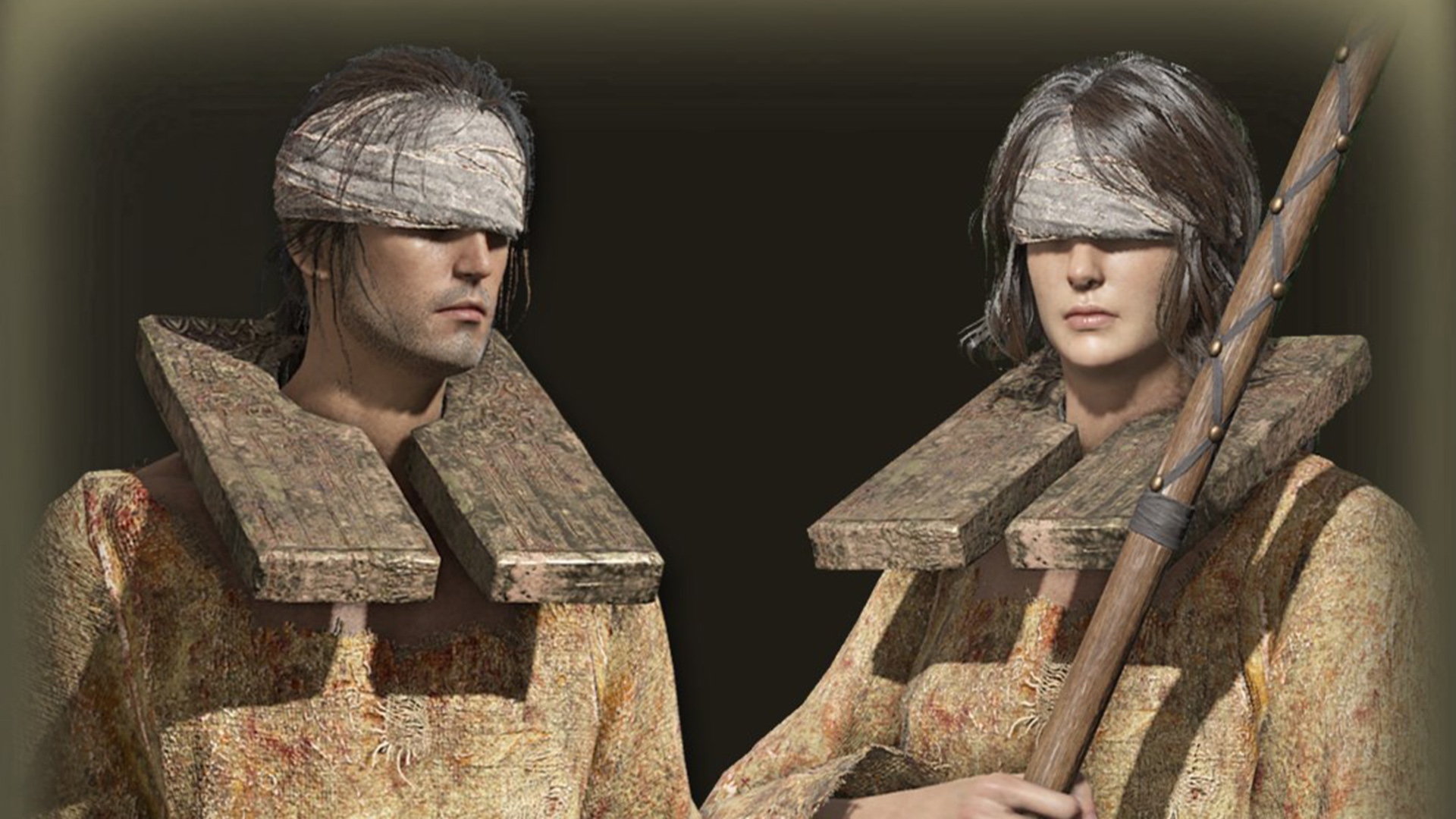
- Level: 7
- Vigor: 10
- Mind: 14
- Endurance: 8
- Strength: 12
- Dexterity: 8
- Intelligence: 7
- Faith: 16
- Arcane: 11
- Starting Weapons: Short Spear, Finger Seal, Rickety Shield
- Starting Armor: Prophet Armor Set
- Starting Magic: Heal, Catch Flame
Where the Astrologer relies heavily on magical spells to take enemies down, the Prophet leans heavily into the Incantations. These powers are similar to spells but draw on your Faith Points. High Faith allows the Prophet to make use of Holy and Fire Incantations alongside quick jabs from its spear. Wielding high-damage fire inacantations, along with defensive Holy spells is a fierce combination. Just don’t stand still too long.
Elden Ring classes: Confessor
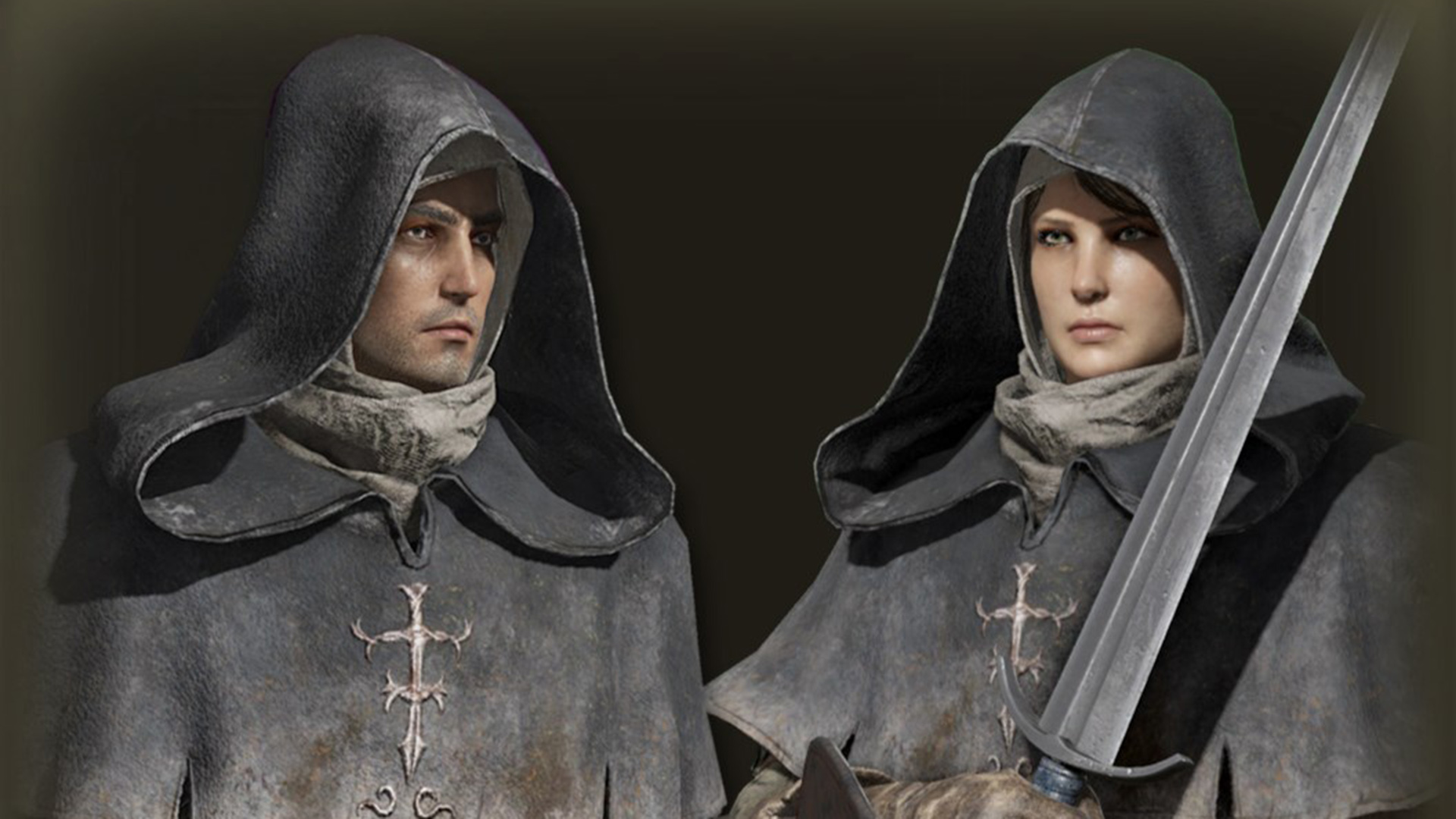
- Level: 10
- Vigor: 10
- Mind: 13
- Endurance: 10
- Strength: 12
- Dexterity: 12
- Intelligence: 9
- Faith: 14
- Arcane: 9
- Starting Weapons: Broadsword, Finger Seal, Blue Crest Heater Shield
- Starting Armor: Confessor Armor Set
- Starting Magic: Assassin’s Approach, Urgent Heal
If you aren’t sure what kind of playstyle suits you, the Confessor’s a good starting class. Its attributes allow you to use powerful Incantations to bolster your armaments while also letting you choose any path you want to follow. Will you lean towards more rogue-like abilities and weapons or will you find yourself wielding swords and shields as a holy knight? The possibilities are endless. Just try not to let things stay too balanced, or you won’t ever excel at anything.
Elden Ring classes: Prisoner
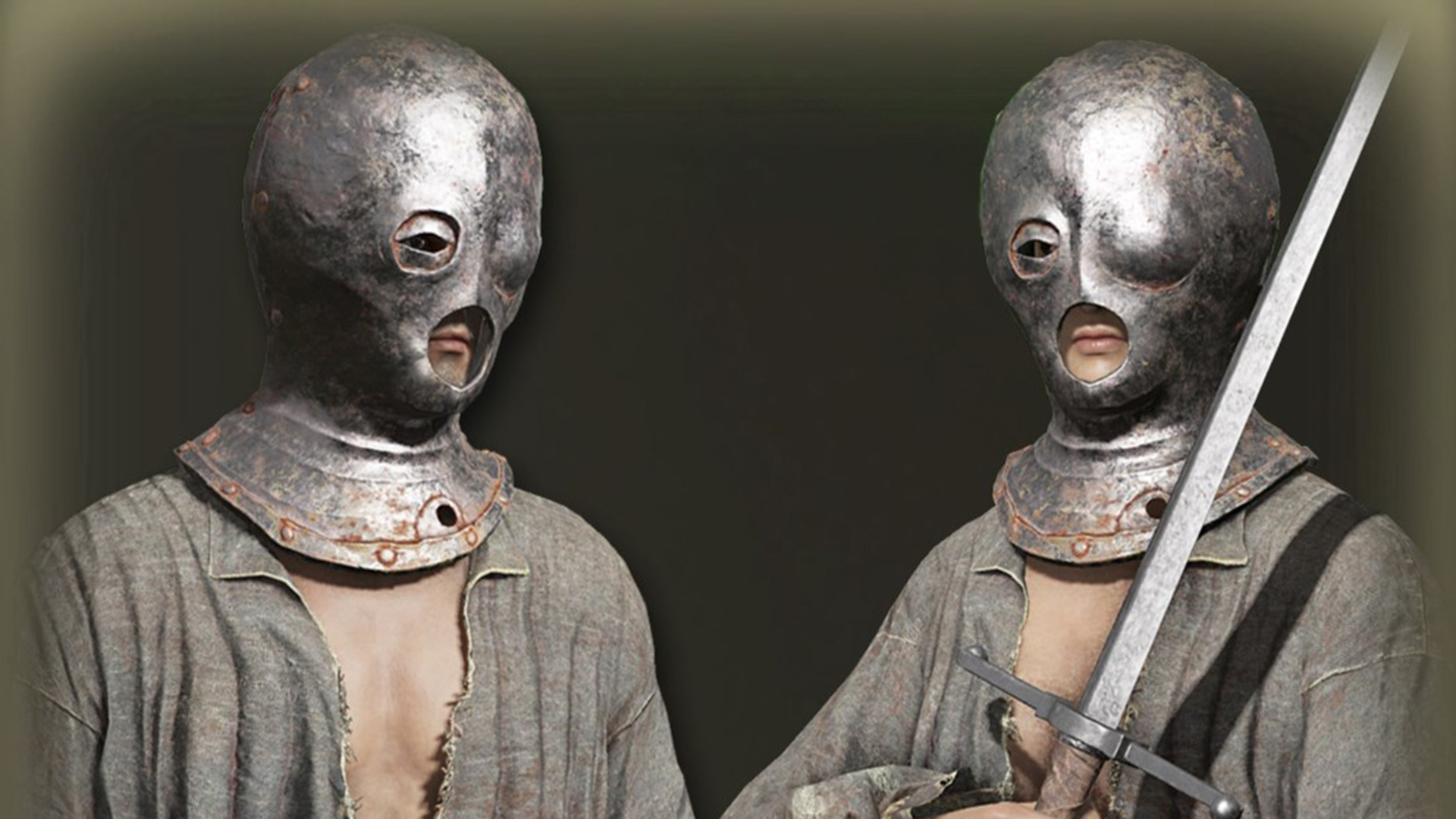
- Level: 9
- Vigor: 11
- Mind: 12
- Endurance: 11
- Strength: 11
- Dexterity: 14
- Intelligence: 14
- Faith: 6
- Arcane: 9
- Starting Weapons: Glintstone Staff, Estoc, Rift Shield
- Starting Armor: Prisoner Attire
- Starting Magic: Magic Glintblade
If you enjoy dabbling in both melee and magical attacks, you will want to check out the Prisoner archetype. This starting class allows for solid melee and magic-based combat, letting you fluidly swap between the two as you play. The Prisoner is easily one of the most adaptable classes, and you can easily switch from the included weapons to others like a spear. The attributes here are pretty balanced, which gives you a solid starting point.
Elden Ring classes: Wretch
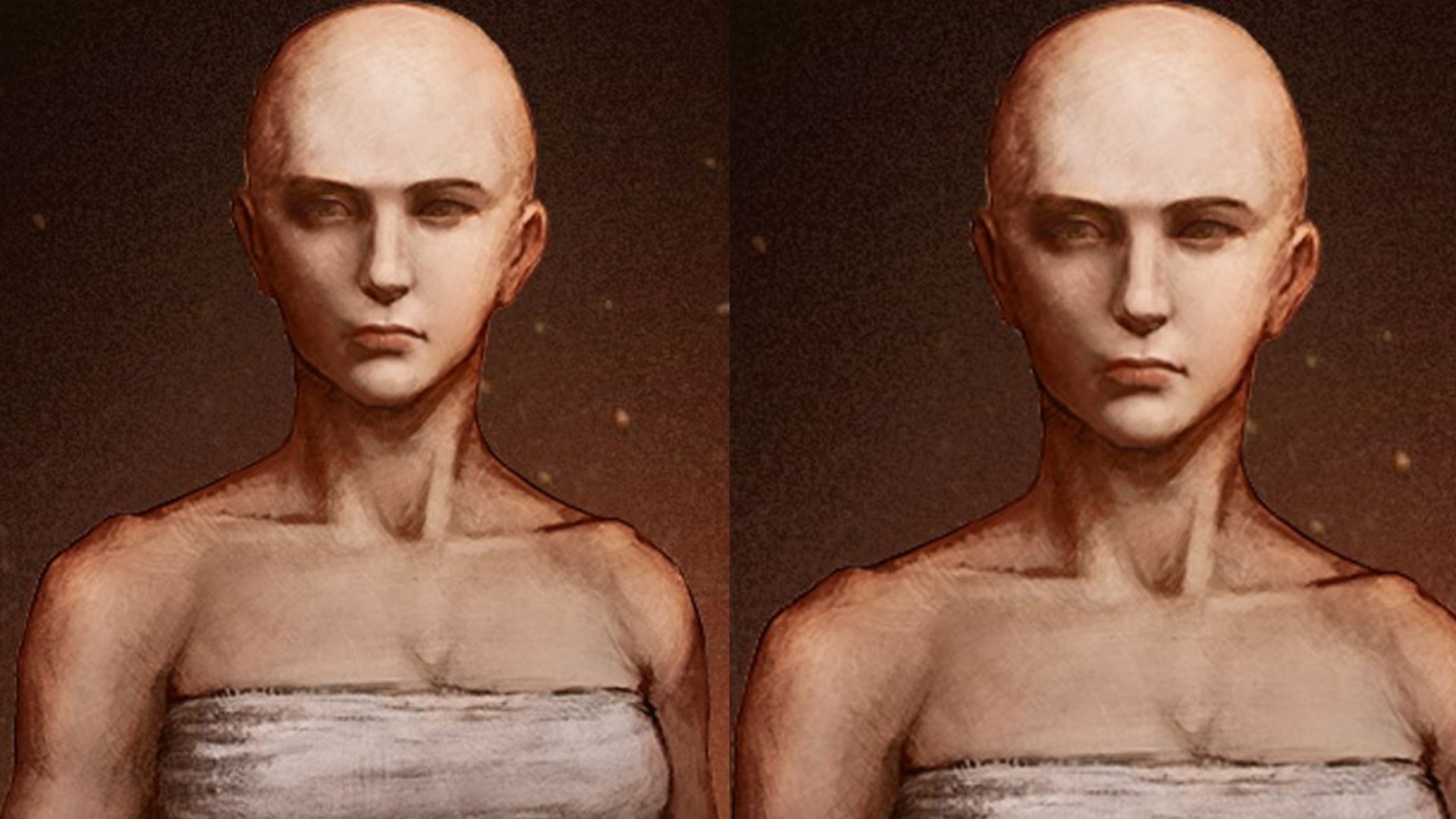
- Level: 1
- Vigor: 10
- Mind: 10
- Endurance: 10
- Strength: 10
- Dexterity: 10
- Intelligence: 10
- Faith: 10
- Arcane: 10
- Starting Weapons: Club
- Starting Armor: None
- Starting Magic: None
The Wretch is a perfect starting class if you value challenge over everything or just want a clean slate to work with. This class is a favorite among Souls fans because it starts with a balanced set of attributes. It also starts at level 1, which means you have complete control of where your character goes. The Wretch isn’t for the faint of heart, though. The class only begins with a Club and no armor, which means you’ll want to find some great gear and weapons early on to replace it.
Choosing a starting class is only a tiny part of the Elden Ring experience. If you take all the examples we’ve mentioned above into account, though, you’ll be able to find a starting character that fits your playstyle perfectly. And, if you don’t, you can always restart or just respec your character later on.
If you're looking for more guidance, have a read our Elden Ring tips for beginners. If, on the other hand, you're sailing through FromSoftware's open-world RPG, you might want to see how many Elden Ring trophies and achievements you still have to collect.
You Might Also Like...
- Check out where Elden Ring ranks on our list of 2022's top titles
- Elden Ring: Shadow of the Erdtree review
- Our picks for the best PC games to play in 2024
Brittany Vincent is an accomplished freelance video game, technology, and entertainment writer whose work has been featured in various online and print publications. She’s been writing professionally for 15 years and her work can be found in dozens of print and digital publications such as Variety, Playboy, Rolling Stone, Wired, Maxim, Official Xbox Magazine, and more.
